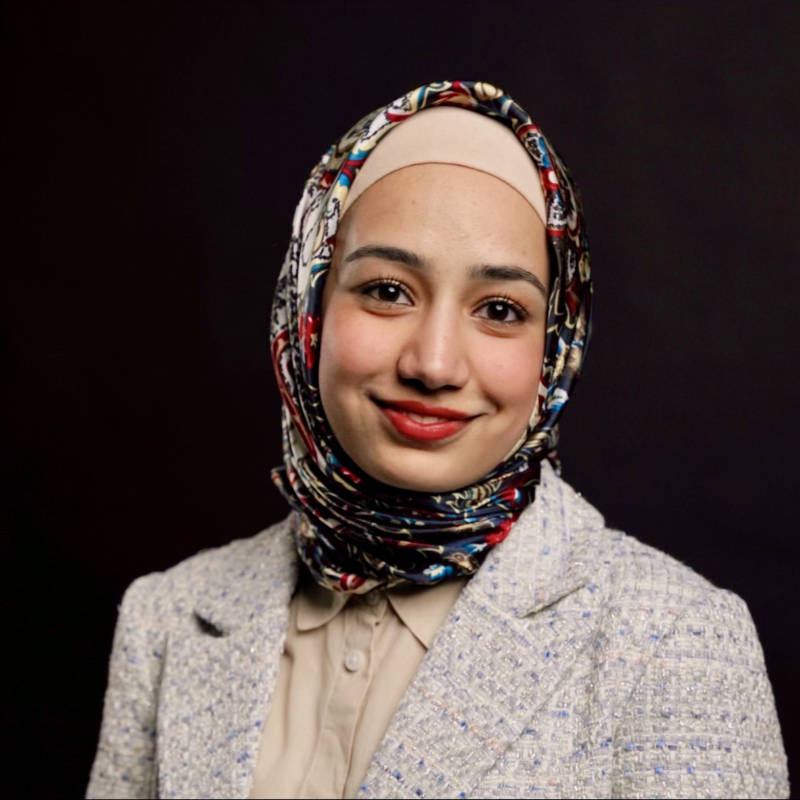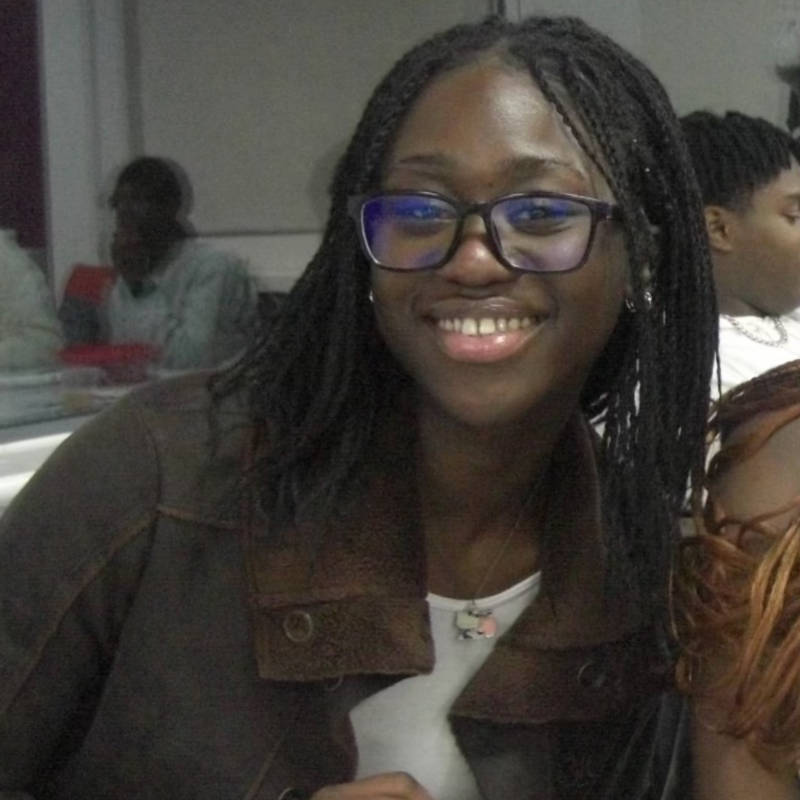The Equality Act of 2010 decrees that disability should not be a barrier to participation in voting and political activities. But, in the world we live in, is that truly the case?
The Beauty of Diversity
Mahatma Gandhi once said:
‘Our ability to reach unity in diversity will be the beauty and the test of our civilisation.’
There is something rather poignant and stirring in this simple statement, especially since our world largely views diversity as a negative, a drawback, a liability, rather than a necessity. As a neurodivergent person, I have often come across the assumption that politics is not made for neurodivergent people. Whilst this may be true of the political world in its present state, surely, in the spirit of Gandhi’s words, this is all the more reason to try and make it more accessible for people who are different?
There is evidence to back this up. A study published by the American Political Science Association (APSA) found that 70 per cent of policymakers believe societal stigma significantly or very significantly affects the political participation of neurodiverse individuals. This suggests that the current system is not fit for neurodivergent people to effectively engage in politics, weakening their systemic voice and ultimately excluding them from a space which is meant to be inclusive. And this cannot be right.
A key issue is that the problems of neurodivergent people are often under the radar. For instance, those of us who struggle with sensory issues may avoid loud or busy environments, such as polling stations, where there may be large crowds that automatically prevent us from voting. These hidden obstacles can make it hard for neurodivergent people to become politically active citizens. In this case, our lack of participation is not a choice but a default reaction to the current system.
More Positive Change Needed
Whilst some positive changes have been made, such as the introduction of postal voting, this is still not enough. There are great gaps in the electoral system and in legislation which do not properly allow disabled and neurodivergent people to access parliamentary discussions in the same way as able-bodied people. For instance, whilst approximately 1 in 7 people in the UK (15 per cent) are neurodivergent, according to the Local Government Association, only 145 candidates in the 2024 General Election (3.2 per cent) identified as neurodivergent. This disparity indicates that there are significant barriers to entry into politics for neurodivergent people.
However, the lack of representation isn’t just a problem for neurodivergent people. Even though approximately 16 million people across the UK are disabled, in 2021, there were only 5 disabled MPs in the Houses of Parliament. This isn’t merely a question of making the world a more accepting and accessible place; it is a practical matter of enabling every voter to have their say, regardless of personal factors. It is also a question of allowing democracy to flourish through the active participation of all its members. In our ever-changing political landscape, we should be making a real effort to include people rather than ignore and exclude them.
But what can we actually do? The first step, and perhaps the most crucial, is always advocacy. Standing up for our rights as well as the rights of those who cannot stand up for themselves is what makes us a civilised society. The second step is to take an active role in politics and be involved in our communities. By familiarising ourselves with political processes, we become more equipped to facilitate tangible change in the world — even if it’s on a small scale. The final step is to keep pushing for change, no matter how difficult or unlikely it may seem at first.
When we strive towards equality, we evolve not just as individuals, but as a community. Now what could be better than that?
DISCLAIMER: The articles on our website are not endorsed by, or the opinions of Shout Out UK (SOUK), but exclusively the views of the author.








